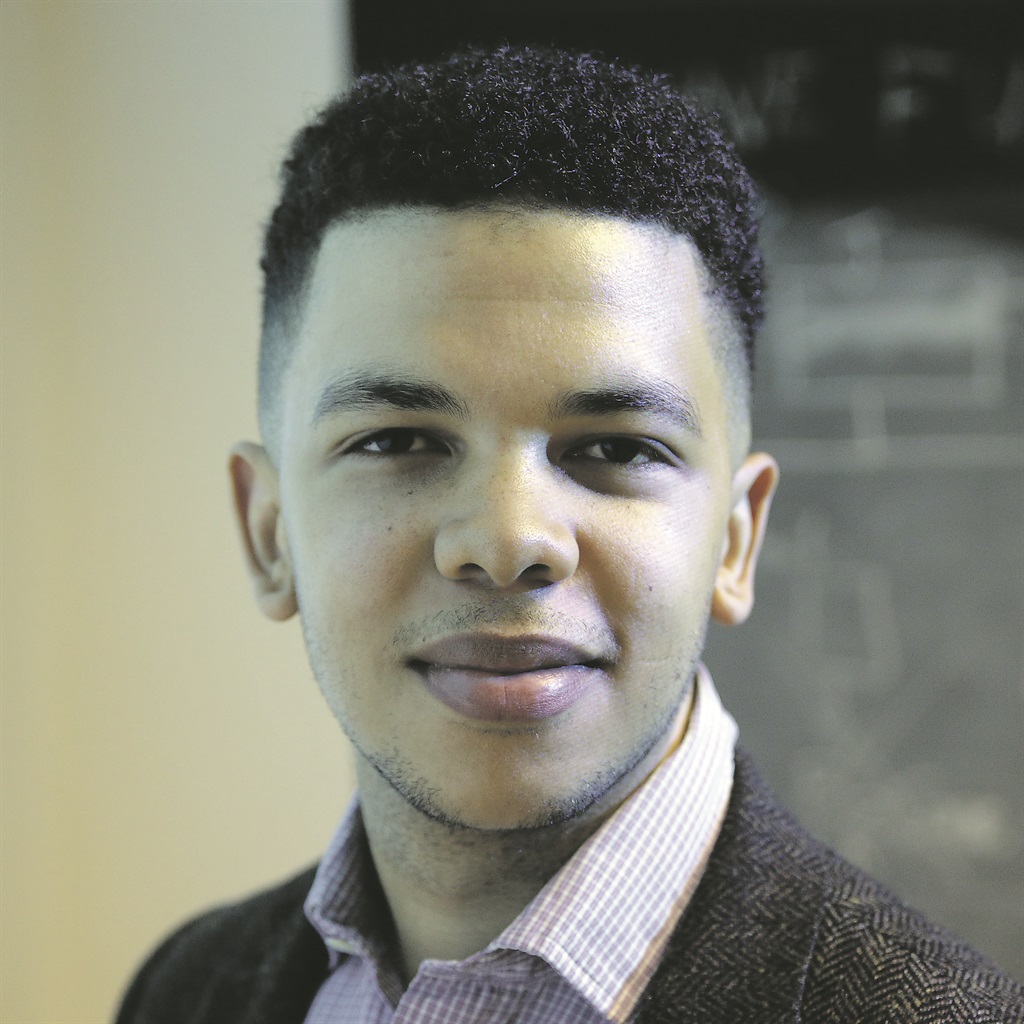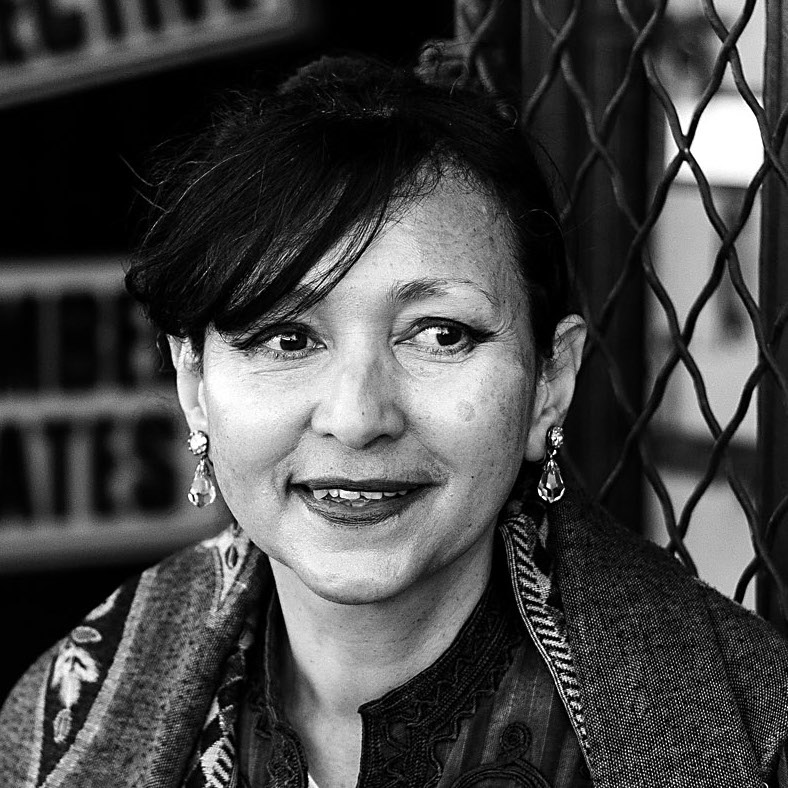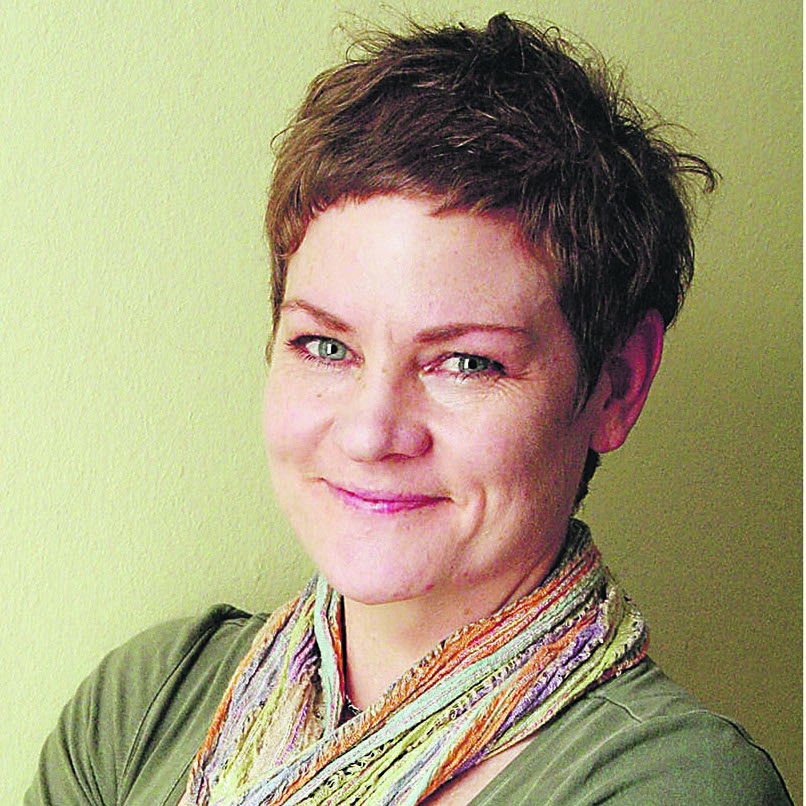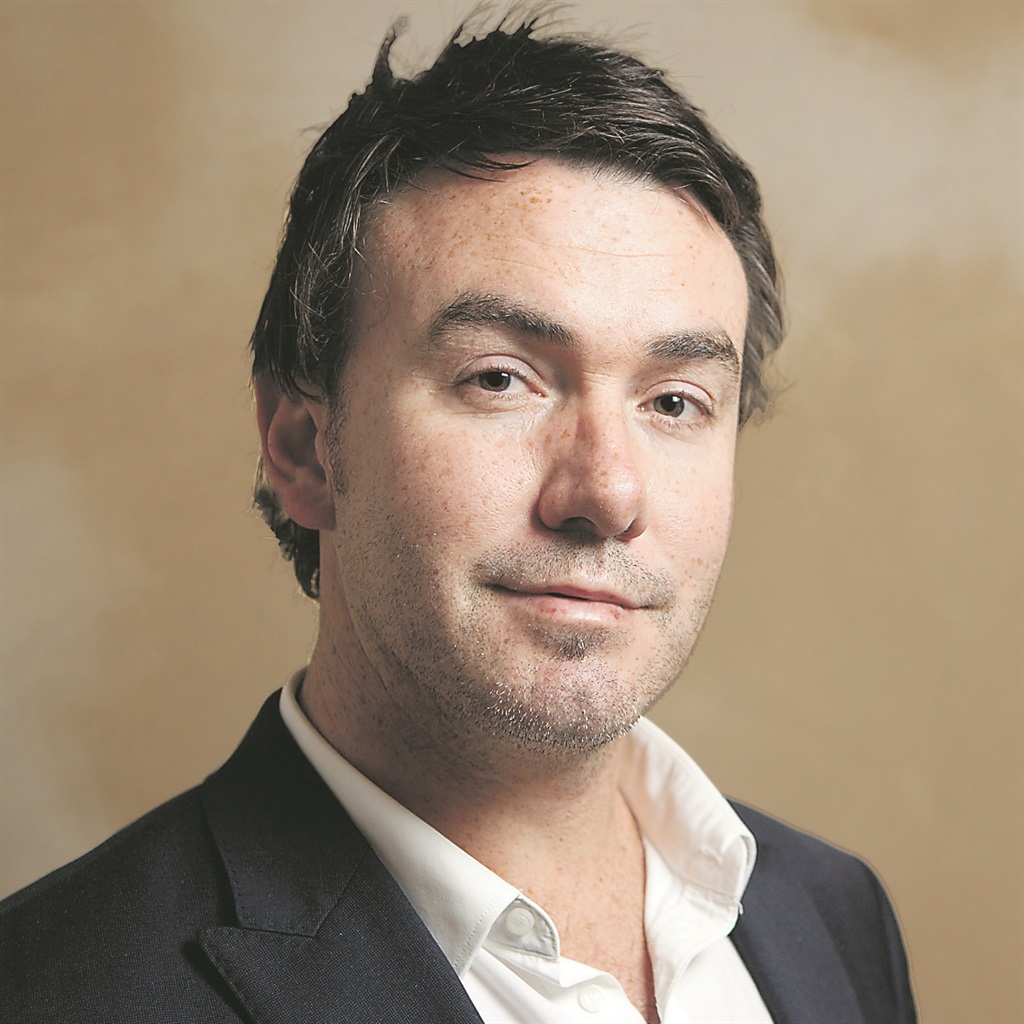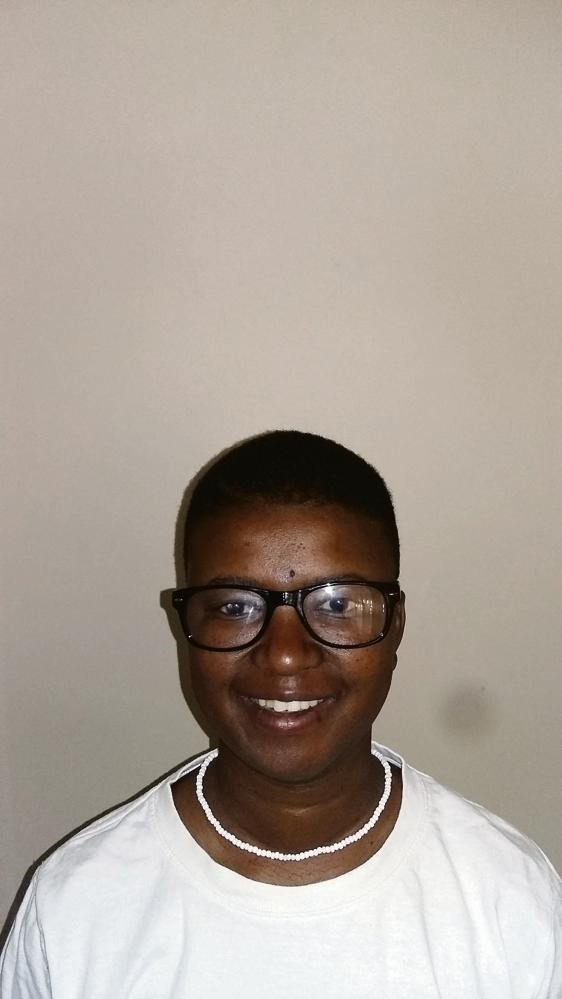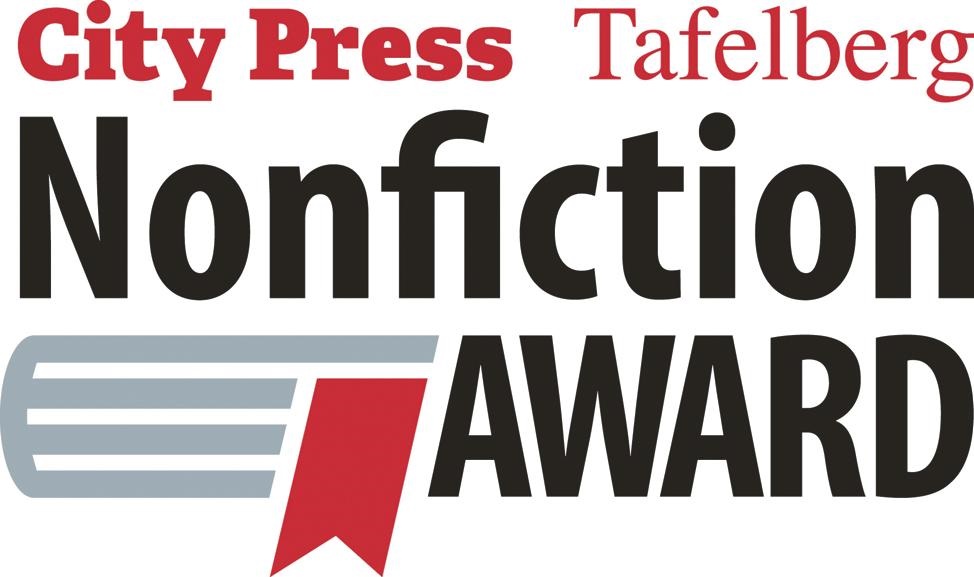
Myths about our democracy; the personal stories of Cape Town’s slaves; nutrition, corporate lies and poverty-shaming; the intriguing tale of an urban river; and an account of the ANC Youth League then and now. These are the five narratives that have been selected from a record-breaking 63 entries for the 2015/16 City Press Tafelberg Nonfiction Award, awarded every two years.
Democracy and Delusion
Sizwe Mpofu-Walsh has gained as much attention for his academic prowess as his politics. He obtained a master’s degree in philosophy with distinction from Oxford University last year and is currently busy with his doctorate. He is also one of the #RhodesMustFall leaders there and gained notoriety for releasing several anti-Zuma hip-hop tracks under the name Vice V, attracting 400 000 hits online so far.
Now he proposes to air his political beliefs in a book called Democracy and Delusion. He will tackle what he sees as 10 myths in South Africa’s politics and challenge conventional political wisdom. The book will suggest solutions to issues such as free education, land reform and state participation in the economy. “In this sense, the book is critical of economic elites and major political parties in South Africa,” says Mpofu-Walsh, who aims to attract younger readers if he wins the prize.
Slavery in Simon’s Town
Joline Young, the University of Cape Town historian and writer, is herself a descendant of slaves and known for her popular Walking History Tours in Simon’s Town that delve into the same topic.
She says: “People of mixed race at the Cape have had to deal with an ambiguous socially constructed identity, which, for many, has been limiting in constructing a positive sense of self, resulting in low self-esteem. Similarly, descendants of slaveholders have constructed their world-views around a sense of superiority, with little knowledge or understanding of the way history has shaped their privilege.”
The book she proposes, called Slavery in Simon’s Town, will cover slavery from the first Dutch settlement, telling stories of enslaved people, the European settlers, and the dispossessed San and Khoi people. “The aim is not to cause polarisation, but to create a bridge of understanding,” she says.
Cheap Junk
Seasoned science writer and author Leonie Joubert expands on her environmental work to explore nutrition in a proposed book called Cheap Junk. It will explore the myths about poverty, hunger and obesity. She tells of a clinic nurse, who said she encouraged mothers to give their weaning babies Stoney ginger beer to make them strong. “That is how it’s sold,” says Joubert. “Information to make better choices about nutrition is unavailable to many, or is fudged by advertising campaigns run by food and beverage companies. In response, education and behaviour change campaigns abound. At a personal and community level, this leads to fat- and poverty-shaming. Hence, we fail to critique the system that perpetuates an unhealthy diet.” In South Africa, she adds, one in five children is so poorly nourished that they start school with a lower IQ than they could have had, which affects them going forward.
Johannesburg’s River
Another award-winning journalist and writer on the short list is Sean Christie with a fascinating proposal titled Johannesburg’s River. The book will meander along with the Jukskei River in its path through Johannesburg, from its polluted downtown source, encountering wild contrasts – from thieves to golf ball hunters, from informal settlements to expensive security estates. Christie jokes that “it is certainly not much of a river”, but he believes that it runs along Johannesburg’s most intriguing locales.
“Having become lost and forgotten in the 21st century, any tracing of the Jukskei is a burglar’s way into the soul of the city,” he says.
He explores and investigates what he encounters, tackling such issues as the challenges of urbanisation and the environmental consequences of this growth, as exemplified by the Jukskei’s infamously polluted waters.
History of the ANC Youth League
In her timely book proposal, History of the ANC Youth League, Soweto-born human rights and social advocacy worker Rebone Tau wants to show what the organisation can, and should, aspire to as leaders. She feels there is a lack of comparative study, comparing today’s league to previous generations of respected leaders such as Anton Lembede, Nelson Mandela, Walter Sisulu and Oliver Tambo, and subsequent generations.
“There is not enough knowledge on the degeneration of the quality of the league’s leadership, what has caused it, and how it can be reversed,” she says.
The book would “argue that the league is currently at its lowest point as its leaders have lost the revolutionary and moral conscience that the founding generation exemplified ... Due to weak leadership caused by factionalism, there is a vacuum that has left South Africa’s youth adrift.”




 Publications
Publications
 Partners
Partners




